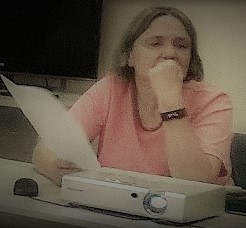A Publisher's Conversation with Authors: Is the Publisher Who Is Making Me an Offer Legitimate?

It is Tuesday. Time to tall turkey. Monday's madness is over, and Wednesday will take us over the hump, so Tuesday it is--for some serious discussion with authors. Tuesday talks mean to address authors in waiting and self-published authors who would like to go a more traditional route or who would at least like to take their steps with a publisher by their side. Today's topic addresses the problem of scammers trying to take advantage of authors and their desires for better sales and recognition. Sometimes these come by email, sometimes by phone. There are some tip-offs when you are dealing with a scammer -- and typically the phone calls are from scammers. Legitimate marketers and publishers do not have time to make a lot of cold calls, and they are too busy fielding requests for services to go hunting down authors and offering services. Here are some indications that have been discovered by a scammer: You are being offered a publishing contract, but your book is already publi...





